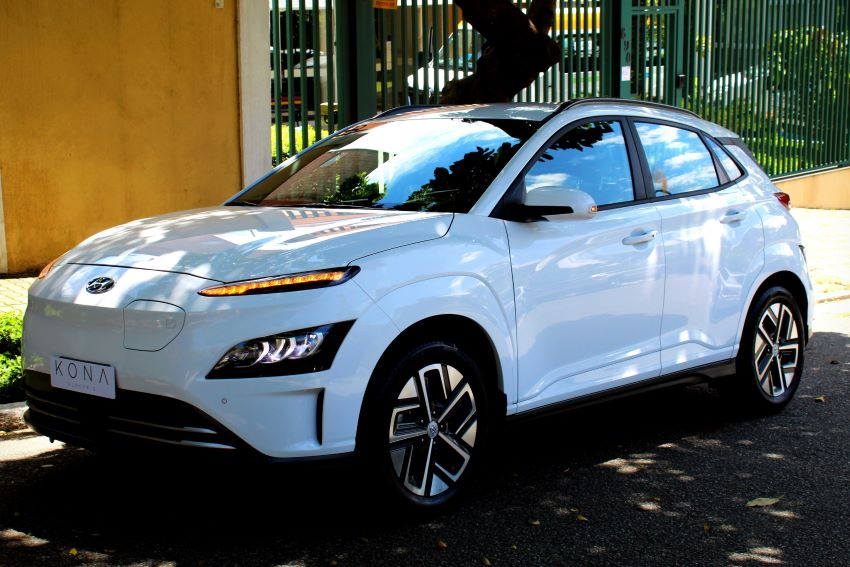In an era where sustainable transportation is more crucial than ever, the evolution of electric vehicle (EV) technology is accelerating at a remarkable pace. Did you know that sodium-ion batteries could soon become the next big thing in the EV industry? As the global demand for EVs continues to surge, researchers and manufacturers are exploring alternatives to lithium-ion batteries, which have dominated the market for years. In this article, we’ll explore how sodium-ion batteries could revolutionize electric vehicles, offering insights into their potential benefits, current developments, and what this means for the future of sustainable transportation.
Understanding Sodium-Ion Batteries
What Are Sodium-Ion Batteries?
Sodium-ion batteries are a type of rechargeable battery that uses sodium ions as the charge carriers. Like their lithium-ion counterparts, these batteries operate through the movement of ions between the anode and cathode. However, sodium-ion batteries utilize sodium, a more abundant and cheaper resource than lithium, which could significantly reduce production costs and alleviate environmental impact.
How Do They Compare to Lithium-Ion Batteries?
- Abundance and Cost:
– Sodium is the sixth-most abundant element on Earth, while lithium is less abundant, making sodium-ion batteries potentially cheaper to produce.
– According to PV Magazine, the cost of lithium-ion batteries has been one of the major barriers to mass EV adoption. Sodium-ion batteries could provide a more cost-effective solution.
- Performance:
– While sodium-ion batteries currently have lower energy density compared to lithium-ion batteries, ongoing research aims to close this gap.
– TechCrunch reports that companies like CATL and Faradion are making strides in improving the energy density and lifespan of sodium-ion batteries.
- Environmental Impact:
– Sodium mining is less environmentally damaging than lithium mining, reducing the ecological footprint of battery production.
– Sodium-ion batteries are less prone to thermal runaway, enhancing safety.
The Current State of Sodium-Ion Battery Development
Major Players in the Field
Several companies and institutions are pioneering sodium-ion battery technology:
- CATL (Contemporary Amperex Technology Co. Limited): In 2021, CATL unveiled its first-generation sodium-ion battery, highlighting its potential in EV applications.
- Faradion: A UK-based company, Faradion is known for its innovative approach to sodium-ion technology, aiming to commercialize these batteries for mass-market use.
- Fraunhofer Institute: This German research organization is exploring sodium-ion batteries’ potential in grid storage, which could indirectly benefit the EV sector.
Recent Breakthroughs and Innovations
- Higher Energy Density: Recent advancements in electrode materials are increasing the energy density of sodium-ion batteries, bringing them closer to competing with lithium-ion solutions.
- Improved Cycle Life: Innovations in electrolyte composition are enhancing the cycle life of these batteries, making them more viable for long-term use in electric vehicles.
Practical Implications for Electric Vehicle Owners
Advantages of Sodium-Ion Batteries for EV Owners
- Cost-Effectiveness:
– With lower production costs, sodium-ion batteries could lead to more affordable electric vehicles.
– Reduced reliance on lithium could stabilize battery prices, making EVs accessible to a broader audience.
- Enhanced Safety:
– Sodium-ion batteries are less likely to overheat, reducing the risk of fires and increasing consumer confidence in EV safety.
- Sustainability:
– As sodium is more environmentally friendly to mine, the shift to sodium-ion batteries could make the EV industry more sustainable.
How to Charge and Maintain Sodium-Ion Battery EVs
- Charging Infrastructure: While current charging stations are designed for lithium-ion batteries, the same infrastructure can be adapted for sodium-ion technology.
- Maintenance Tips: Sodium-ion batteries may require less frequent maintenance due to their enhanced safety and stability features.
Where to Buy Sodium-Ion Battery EVs
As of now, sodium-ion battery EVs are in the development phase, but industry experts predict that commercial models could hit the market in the next few years. Keep an eye on announcements from companies like CATL and Faradion for the latest updates.
The Future of Sodium-Ion Batteries in Electric Vehicles
Key Takeaways
- Sodium-ion batteries promise a cheaper, safer, and more sustainable alternative to traditional lithium-ion batteries.
- Major advancements in energy density and cycle life are paving the way for their adoption in the EV industry.
- As the technology matures, sodium-ion batteries could play a vital role in accelerating the global transition to electric vehicles.
Engage and Explore
What excites you most about the potential of sodium-ion batteries in electric vehicles? Share your thoughts in the comments below. As the world continues to pivot towards clean energy, innovations like sodium-ion batteries will be at the forefront of this transformation. Stay tuned for more updates as this technology evolves.
In conclusion, while sodium-ion batteries are still in the early stages of development, their potential to revolutionize the electric vehicle industry is undeniable. With ongoing research and investment from leading companies, we can expect to see significant advancements in the coming years, heralding a new era of sustainable transportation. The future of EVs looks brighter than ever, and sodium-ion technology could be the key to unlocking their full potential.

